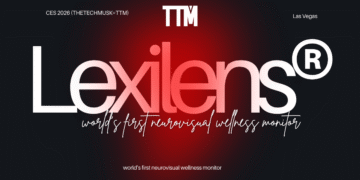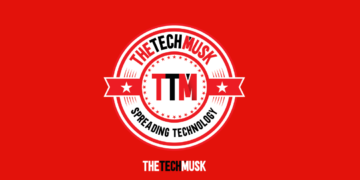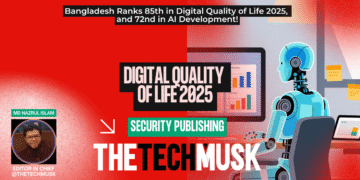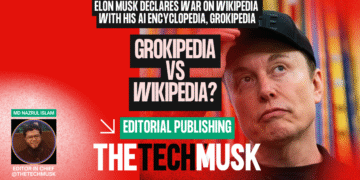In late October 2025, Elon Musk’s AI-venture xAI quietly launched Grokipedia — a bold attempt to reshape how public knowledge is curated and consumed online. This trend analysis will provide historical context to the project, assess its present-day implications for tech, media, and society, and offer forward-looking predictions about its trajectory and wider impact.
Given the context and current dynamics, what might the next 12-24 months hold for Grokipedia and the broader landscape of AI-powered knowledge?
1. Rapid expansion of content and features.
Given the AI backbone and Musk’s scale ambitions, Grokipedia will likely accelerate article creation, expand into multiple languages, and layer in advanced tooling (e.g., AI-summarisation, real-time updates, embedding within Tesla/Spaceship interfaces).
By end of 2026, it could rival niche language-specific wikis, though overtaking Wikipedia’s English corpus (~7 million articles) remains a stretch.
2. Governance & moderation will become a central battleground.
Questions around source reliability, bias, citation transparency, and editorial control will drive scrutiny. I predict the following possible outcomes:
- Grokipedia may introduce a “review board” or human-editor layer to bolster credibility.
- Alternatively, it may double down on AI+algorithmic governance, trusting model-generated citations and references.
- Either path invites scrutiny: regulators could press for content audits, academic institutions may publish reliability reports, and Wikipedia may respond with reform initiatives.
3. Platform integration & monetization.
Given Musk’s ecosystem (X, Tesla, Neuralink, etc), Grokipedia may become a built-in knowledge engine — searchable via X, referenced in Tesla vehicles, or used as a backend for other AI agents. This makes it not just an encyclopedia but a strategic asset for Musk’s wider AI and platform ambitions.
Questions will arise around monetization: Will there be premium “verified” content, enterprise access, or tie-ins with xAI’s API ecosystem?
4. Ideological flashpoints & public perception.
Given the criticism of ideological bias, Grokipedia will become a locus of cultural and political conflict. Specifically:
- If bias is perceived (or documented), Grokipedia’s credibility may suffer, especially among academia and international audiences.
- Conversely, if Musk positions the platform as intentionally “non-woke” or “alternative,” it may carve out a niche among audiences disaffected with mainstream knowledge sources.
In either case, expect public debates: “whose knowledge base is trustworthy?” — especially when AI becomes decision-influencing (education, research, policy).
5. Influence on broader knowledge ecosystem.
Even if Grokipedia does not dethrone Wikipedia, its very presence may catalyse change:
- Wikipedia and Wikimedia Foundation may accelerate AI-integration, or metadata & bias audits.
- Other entrants (corporate, non-profit) may launch AI-powered knowledge platforms, driving fragmentation of public knowledge.
- Research on “AI-encyclopaedias” may proliferate (accuracy, bias, governance, sustainability).
Hence Grokipedia might function as a catalyst rather than the ultimate winner.
6. Long-term viability — sustainability versus novelty.
A big question is: can Grokipedia sustain quality, trust, and user adoption at scale? Building millions of articles is one thing; maintaining relevance, accuracy, multilingual coverage, and community engagement is another.
If issues persist (inaccuracies, ideological skew, lack of community investment), Grokipedia risks becoming a fringe alternative rather than a mainstream knowledge source.























